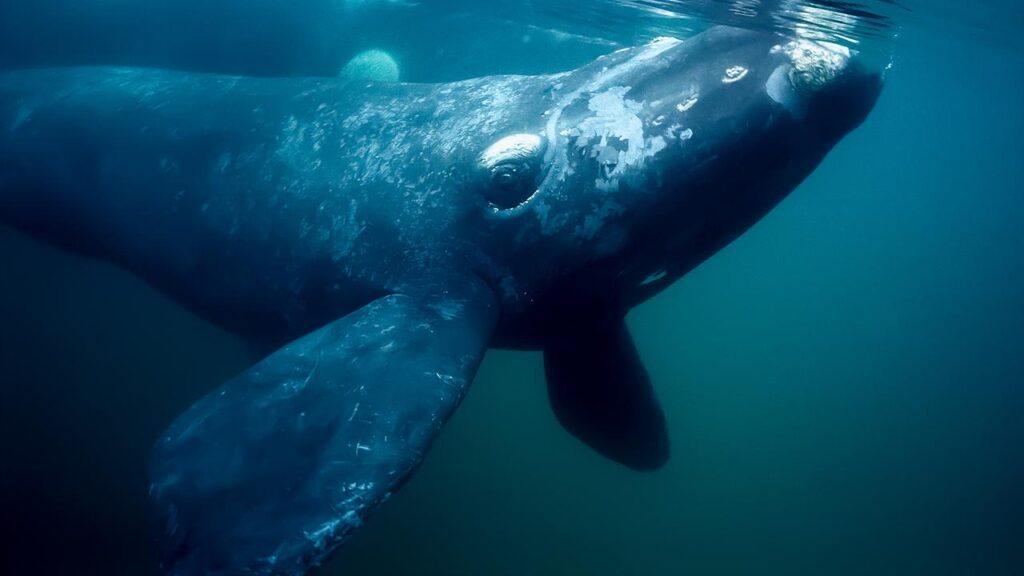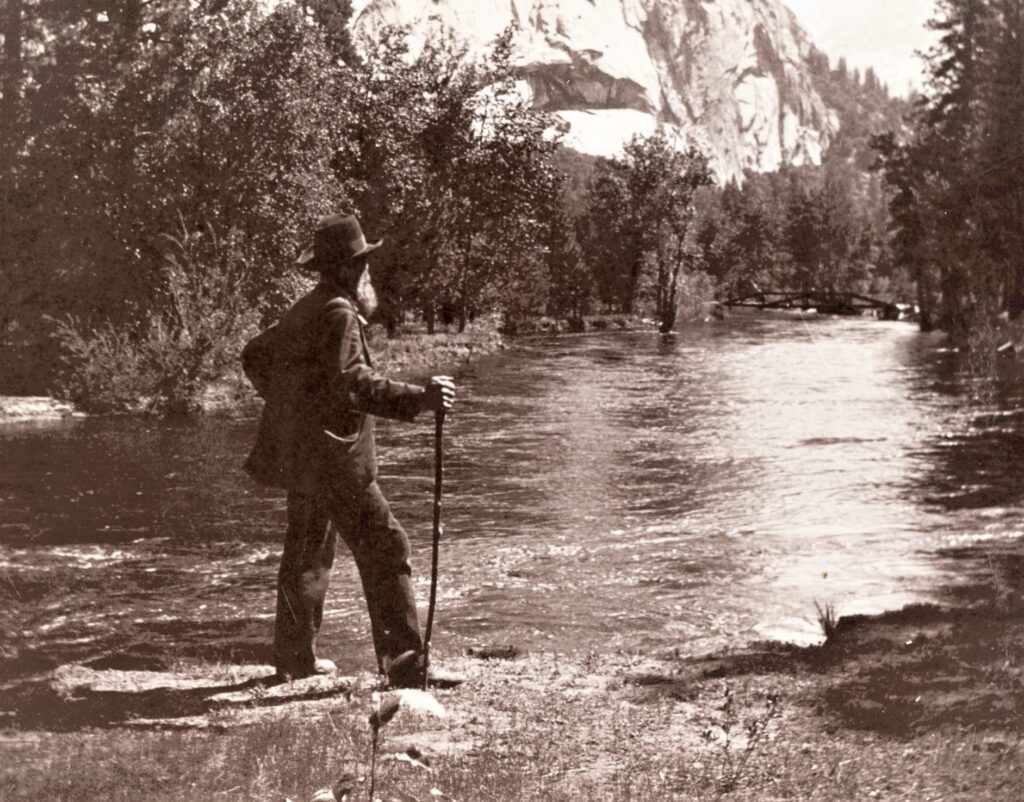Threat to endangered whales gets LOUDER

by David Wojick for CFACT
The Virginia wind-versus-whales story has taken a turn for the worse. Worse for the severely endangered Right Whales that is. My research has found what may be some really bad news.
Meet Tethys. Not the real Tethys, the mythical Greek titaness of the sea, but DOE’s center for reporting research on the environmental impact of energy technology on sea life, including whales. This is the science side of DOE (where I used to work), not the Ocean Energy development side.
Tethys has some profoundly disturbing things to say about offshore wind and really loud underwater noise. Noise that could easily adversely affect the North Atlantic Right Whales.
It is all about pile driving, or in this case tower driving. The hundreds of huge offshore wind towers proposed for Virginia do not have poured concrete foundations like onshore towers do. Instead they are literally driven into the solid seabed by floating pile drivers. The lower part of the tower is designed to be driven.
In fact these driven-in tower bottoms are called “monopiles”. Here is what Tethys says about them:
“The environmental concerns associated with offshore wind farms vary with foundation type. Monopiles, for example, require pile-driving, which produces INCREDIBLY LOUD NOISES that tend to propagate far in the water, even after mitigation strategies such as bubble shields, slow start, and acoustic cladding are employed.” (Emphasis added)
From “Fixed offshore wind” at https://tethys.pnnl.gov/technology/fixed-offshore-wind
Note that not only are the wind tower pile driving noises INCREDIBLY LOUD, the available mitigation technologies do not change that fact.
As a sometime civil engineer, who has worked with much smaller onshore pile driving, I can attest that it is VERY LOUD. It ranges from deafening to damaging if proper headgear is not worn. The Whales will have no such protective gear.
Importantly, Tethys says this about mitigation:
“Measures to reduce noise impacts in the marine environment include the use of bubble curtains during pile driving and careful siting and timing of construction activities to avoid species’ critical migration routes and times.”
From “Noise” at https://tethys.pnnl.gov/stressor/noise
So a standard mitigation measure is to time construction to avoid adversely impacting migration. In short do not drive monopiles during migration. This is exactly what Virginia should do to protect the severely endangered Right Whales. It certainly should be included in the upcoming Environmental Impact Assessment as a mitigation measure.
What no-driving mitigation might cost depends on how much time the 400 or so migrating whales spend in offshore Virginia waters. That it is a relatively long time may be why BOEM has not released their data. See my https://www.cfact.org/2022/07/22/are-the-feds-hiding-the-virginia-endangered-whales/.
Tethys makes it clear that noise from offshore wind is a very serious matter, saying this:
“Sound propagates farther and faster in water than in air, which can result in greater consequences for the marine environment. Coupled with the many other sources of anthropogenic noise in the marine environment (e.g., ships, seismic studies), the noise from offshore wind and marine renewable energy devices may impact many marine species. Noise may interfere with marine organisms’ communication, navigation, detection of prey, and ability to interact with their environment, as well as causing attraction to or avoidance of devices. Additionally, some marine organisms may be physically harmed from excessive noise exposure (e.g., tissue and nerve damage).”
Noise is bad and driving the towers into the sea floor is by far the worst of that bad thing.
This will also be true for the other monster offshore wind arrays planned along the Mid-Atlantic migration route of the severely endangered North Atlantic Right Whales.
The issue is Wind versus Whales. Save the Whales. We do not need the offshore wind power.
For background see my first article here: https://www.cfact.org/2022/07/13/virginias-offshore-wind-proposal-threatens-endangered-whales/.





Comments
Comments are closed.